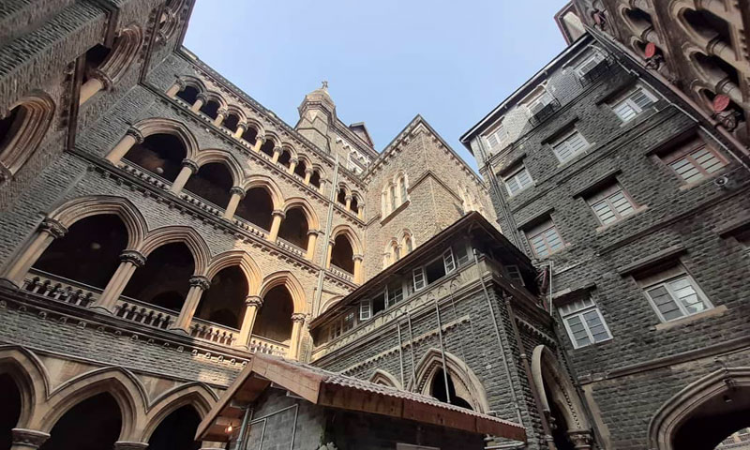The Bombay High Court on Friday granted anticipatory bail to the Editor of a Marathi weekly accused of sending sexually explicit material to a married woman and stalking her. Court made the prima facie observation that the offence of stalking and obscenity are made out but keeping facts of the case in mind, the offence under Section 67 A of the Information Technology Act is not made...

